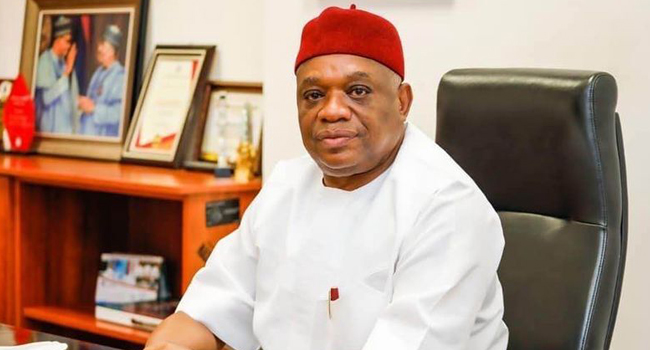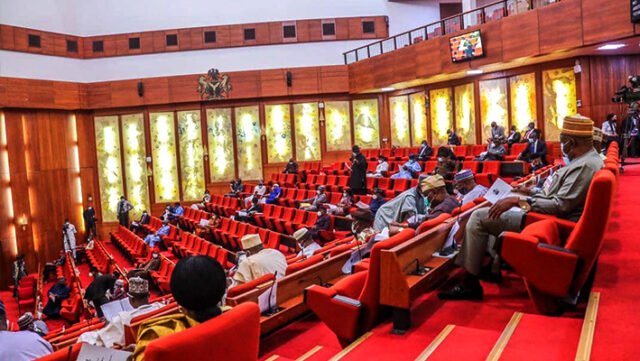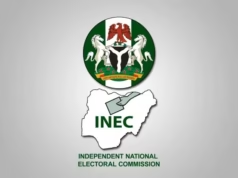The Senate has approved a second reading of a bill that aims to provide legal and policy frameworks for Nigeria’s switch from petrol cars to electric vehicles (EVs).
The petrol car bill’s proponent, Orji Uzor Kalu, stated that it intends to lower carbon emissions, encourage domestic manufacture, and put Nigeria in a position to profit from the worldwide trend towards sustainable transportation.
According to Kalu, 20 to 30 percent of Nigeria’s greenhouse gas emissions come from the transportation sector, and the nation runs the risk of lagging behind other African economies that have started implementing widespread electric mobility.

“This bill seeks to create a comprehensive legal and institutional framework that will guide Nigeria’s gradual transition from dependence on fossil fuel-powered vehicles to clean, energy-efficient, and environmentally-friendly development,” he said.
The petrol car bill, he continued, calls for the creation of a national electric car development and promotion council to oversee the execution of policies at all governmental levels.
Kebbi Central senator Adamu Aliero seconded the move and called the law “timely.”

Kenya and South Africa are making progress in electric mobility, he said, and Nigeria shouldn’t fall behind.
He stated that Nigeria shouldn’t fall behind South Africa and Kenya in their advancements in electric mobility.
“Cities like Kano and Lagos suffer heavily from carbon emissions. If we adopt electric vehicles, it will significantly reduce emissions, improve public health, and create jobs,” he said.
Nigeria’s population size makes it an important actor in global climate action, according to Osita Ngwu, a senator from Enugu West.

He said that the bill will safeguard public health and lessen the long-term effects of pollution.
According to Titus Zam, a senator from Benue North-West, the bill tackles the environmental and health issues related to petrol engines.
Senate President Godswill Akpabio called the bill a “very good innovation” and stated that the chamber is eager to see it through to completion.
The Senate committee on industries was tasked with reviewing the bill; a report is anticipated in four weeks.
Join Our Social Media Channels:
WhatsApp: NaijaEyes
Facebook: NaijaEyes
Twitter: NaijaEyes
Instagram: NaijaEyes
TikTok: NaijaEyes





